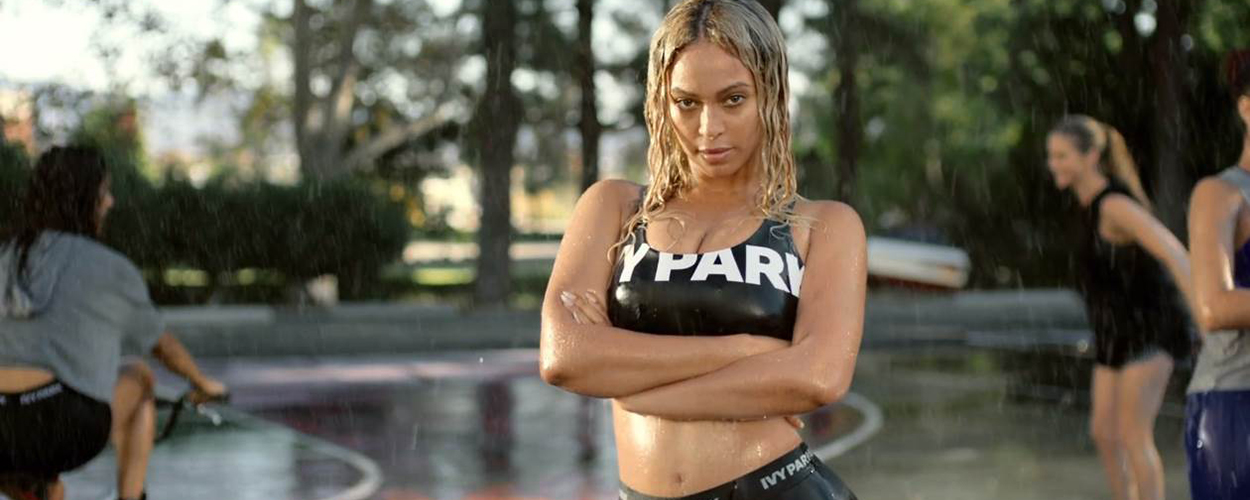This website uses cookies so that we can provide you with the best user experience possible. Cookie information is stored in your browser and performs functions such as recognising you when you return to our website and helping our team to understand which sections of the website you find most interesting and useful.
Artist News Brands & Merch Business News Legal
US trademark board backs Beyonce in Blue Ivy Carter trademark squabble
By Chris Cooke | Published on Tuesday 14 July 2020

The US Trademark Trial And Appeal Board recently knocked back efforts by an events company called Blue Ivy to try to stop Beyonce from trademarking the brand Blue Ivy Carter, aka the name of her eldest child.
Beyonce’s BGK Trademark Holdings began the process of trademarking the ‘Blue Ivy Carter’ brand almost as soon as Blue Ivy Carter was born in 2012. At the time it was speculated that either Beyonce and husband Jay-Z were planning a range of children’s clothing or baby products using their newly born child’s name or that they were actually seeking to register the trademark to stop other opportunists from doing something similar.
The following year Jay-Z said it was the latter in an interview with Vanity Fair. The magazine quoted the rapper as saying: “People wanted to make products based on our child’s name, and you don’t want anybody trying to benefit off your baby’s name”. He added: “For somebody to say – this person had a kid – I’m gonna make a fucking stroller with that kid’s name, it’s, like, where’s the humanity?”
Those comments then became a key part of the trademark squabble that followed. Veronica Morales – who runs a “lifestyle event planning company” called Blue Ivy – opposed Beyonce’s trademark application partly on the basis that the musician failed to meet a key criteria for registering a trademark in the US: that being that a registrant must either be currently using or have a “bona fide intention” to use whatever name they are trademarking in whatever sectors they seek protection.
It’s a pretty sensible requirement that stops companies from just randomly registering trademarks for a plethora of generic words in all areas of business, either because they might want to use those words at some point in the future or because they want to stop other people from using them now. Or possibly so that they can extort money out of any other company that decides it wants to launch a product or service using those words.
Because of that requirement and Jay-Z’s remarks, Morales argued, Beyonce’s trademark application should be rejected, even it Trademark Office officials were sympathetic to her attempts to stop people from trying to profit off her daughter’s name.
However, Beyonce’s company countered that Morales’s argument regarding bona fide intent was based entirely on that 2013 Vanity Fair interview, and that the quotes attributed to Jay-Z in said interview were mere “hearsay” that were not sufficient to prove a lack of intent.
The trademark board has basically concurred, noting that Jay-Z himself is not involved in the trademark application and that the Jay-Z remarks included in Morales’s claim were based on a journalist’s write up of a conversation, rather than direct statements.
In a decision published last week, it noted: “Because [Jay-Z’s] statements were made to a reporter, who then wrote and published an article purportedly based on those statements, [his] statements are not only hearsay, they are also a classic example of hearsay within hearsay (multiple hearsay) and therefore are particularly unreliable”.
Elsewhere the board also rejected an argument that consumers would confuse Morales’s events company Blue Ivy with any Blue Ivy Carter products Beyonce and Jay-Z – or Blue Ivy Carter herself for that matter – may decide to launch in the future.
The decision should allow Beyonce’s incredibly long-running trademark application to proceed, unless Morales decides to appeal. Though it doesn’t stop Morales from continuing to trade as Blue Ivy or her concurrent attempts to trademark the Blue Ivy brand.





